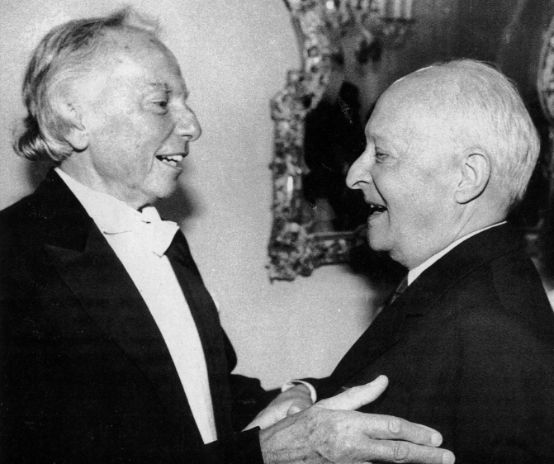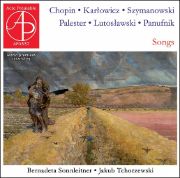Rarities from Poland
Samples from the development of the Polish piano song presented by the mezzo-soprano Bernadeta Sonnleitner and the pianist Jakub Tchorzewski.

Although there are numerous masterpieces among them, only very few Polish art songs entered the world repertoire. In addition to prejudices, the lack of internationally successful singers and linguistic difficulties stood in the way of widespread dissemination. With its many sibilants and nasal sounds, the Polish language does not make it easy to attract performers who can be expected to have tongue-breaking skills as well as an understanding of a special, predominantly Slavic world of sound and expression.
All the more reason to be grateful to mezzo-soprano Bernadeta Sonnleitner, who trained at the Frédéric Chopin Academy of Music in Warsaw and the Bern University of the Arts, and Polish pianist Jakub Tchorzewski for a CD packed with premiere recordings, which introduces us to representative samples of six important composers from Poland. The selection of Stanisław Moniuszko, who wrote around 300 songs and is regarded as the "Polish Schubert", may have been so delicate that he was ultimately omitted. In his place, Chopin leads the Romantics, whose last representative Mieczysław Karłowicz (1876-1909) stands out with consistently expressive songs from opus 3.
In the Three fragments (Jan Kasprowicz) op. 5 by Karol Szymanowski, the singer escalates into operatic pathos. Less vibrato would also have been better in Roman Palester's Vokalise Dreamscape by Andrzej Panufnik and in Lutosławski's crystal-clear Five songs based on poems by Kazimira Iłłakowicz would have been desirable. However, both performers fully exploit the emotional and spiritual content of the stylistically very different songs with audible commitment. In addition to the original Polish text, the booklet contains translations into English and Italian.
Polish Music - Songs. Chopin, Karłowicz, Szymanowski, Palester, Lutosławski, Panufnik. Bernadeta Sonnleitner, mezzo-soprano; Jakub Tchorzewski, piano. Acte Préalable APO 337








